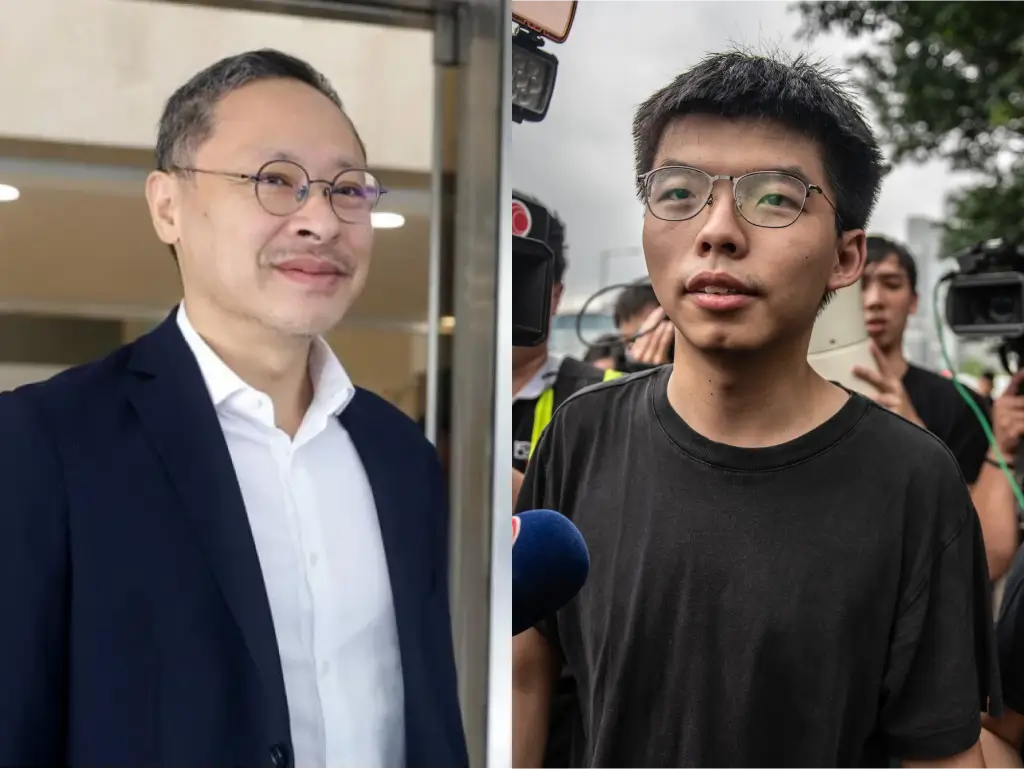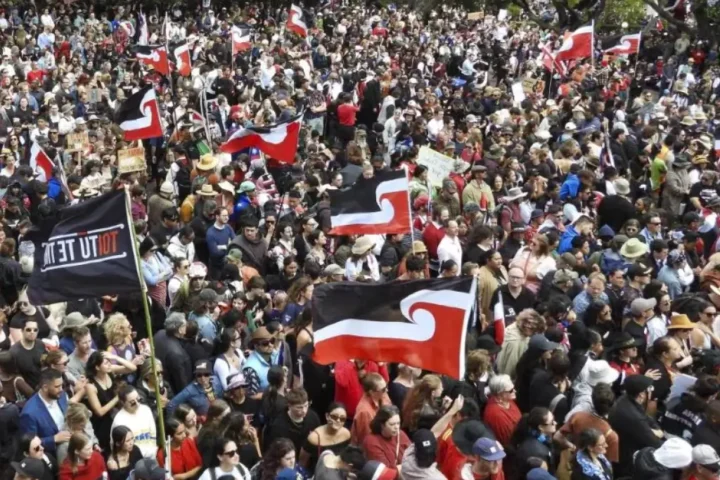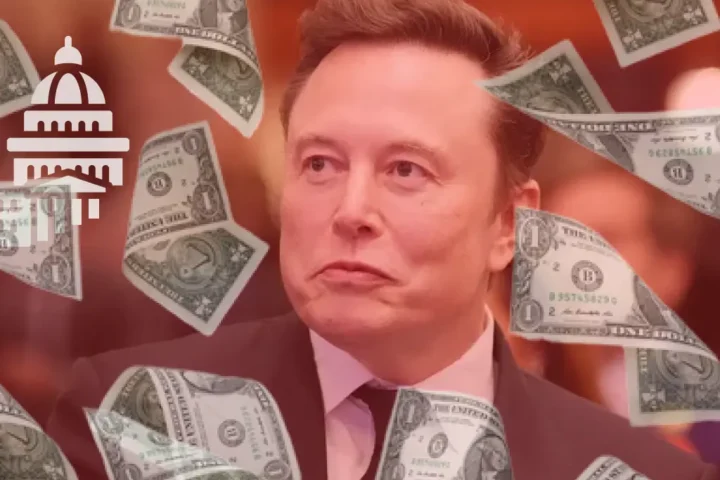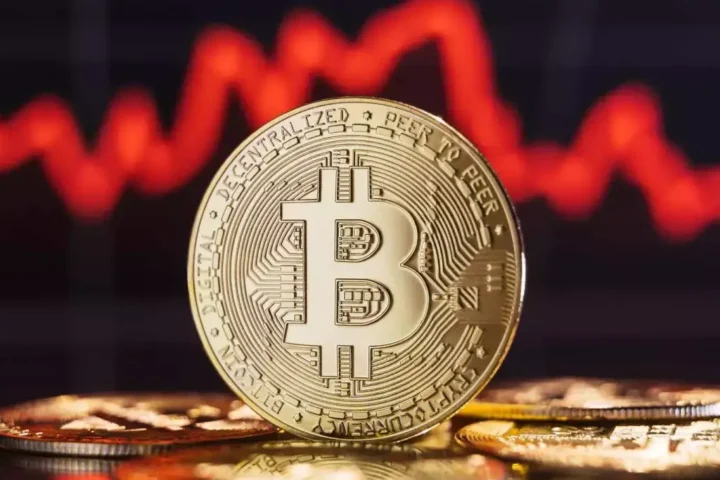Hong Kong’s leading pro-democracy leaders jailed, Benny Tai Chon-yan and Joshua Wong Chi-fung among them, have now been given long prison terms under the city’s much-discussed National Security Law. The trial has attracted international condemnation that was benchmark to a new dawn of suppressing political opposition in the south (Breidenstein & Wong, 2013).
Key Figures Sentenced
The case discusses Hong Kong 47, a politician and activist who has been charged with subversion for having planned and staging an unofficial primary election last year. It held an election in a bid to support the pro-democracy candidates in the Legislative Council but was declared by the NSL as unlawful.
- Legal scholar Benny Tai, who was the planner of the initial scheme, also received the highest punishment of 10 years. The court has accused him of “advocating revolution.”.
- One of the most popular faces of the Hong Kong democracy movement, Joshua Wong, was given a prison term of more than four years. Having been imprisoned for violation of laws during protest, the reduction of Wong’s sentence was not the case as judges mentioned his alleged inability to show remorse.
In all, 45 activists were convicted with prison terms of the sentences varying from four to ten years, while two of the activists were discharged.
Read more:
Tens of Thousands Protest Māori Rights Bill at New Zealand Parliament
China revealed Reusable Space Shuttle at Tiangong Space Station
What Is the National Security Law?
Passed by Beijing in 2020 after months of large-scale protests for democracy, the NSL orders secessionism, subversion, terrorism, and contact with foreign elements. It has been accused of being used to silence protesters with freedoms that were supposedly enjoyed under Hong Kong’s Basic Law now eroded.
- Beijing’s Justification: The Chinese and Hong Kong governments argue that the NSL is necessary to protect stability and security, both national and regional.
- Global Concern: Human rights organizations and foreign governments argue the law undermines Hong Kong’s autonomy and judicial independence.
Why Court pro-democracy leaders jailed
Many people and media took interest in the sentencing hearings that took place at the West Kowloon Court. There were as many people interested in the trial outcome, as dozens stayed near the court building for days, trying to get a chance to sit in the public gallery.
- Emotional Scenes: The defendants’ relatives were in the gallery, which clapped at the end of the hearings, but some of them were almost in tears when the sentences were pronounced.”
- Defiant Words: Joshua Wong said “I love Hong Kong” to the camera before he was led out of the dock as he continues to support the democracy campaign.
The Fallout for Hong Kong’s Democracy Movement
The verdict of the Hong Kong 47 activists is a major blow to the now struggling democracy supporters camp in Hong Kong. Analysts warn it sets a chilling precedent for punishing dissent:
- Human Rights Concerns: Human Rights Watch said the trial showed that Hong Kong is losing freedom and autonomy at an alarming rate.
- Public Fear: The activists also say that the crackdown has led to a loss of freedom since even ordinary meetings are regarded as unsafe.
Emily Lau, a veteran pro-democracy figure, revealed that the fear of NSL arrests has grown so pervasive that her party has struggled to organize even small events.
International Reactions
The trial and sentencing have sparked widespread condemnation:
- The United States denounced the proceedings as “politically motivated.”
- Australia expressed deep concern over the sentencing of its citizen Gordon Ng, with officials calling for his release.
- The new legal instrument became a target of international human rights organizations. Amnesty International described the NSL as a new ‘draconian tool utilized for stifling political opposition.
Beijing’s Stance
China’s government has strongly supported the trial, denying that foreign criticism is a violation of its sovereignty.
- The Chinese Foreign Ministry said, “Nobody can carry out criminal activities hiding behind the banner of democracy.”
- Officials also said the trial is a warning to those who would try to undermine China’s national security.
What Lies Ahead for Hong Kong?
The present generation of people participating in the fight for democracy in Hong Kong has its most difficult period. Where once were the faces of the world’s leaders, there is now a prison cell or exile; however, small activists reaffirm the ability to chant for change through non-violent protest.
- Another former activist, Sunny Cheung, echoed the same sentiments with Cheung, who said the crackdown has effectively ousted an entire generation. ‘They may muzzle us, but ‘have lost the people’s trust,’ he commented.
- Of course, people like Cheung also hold the view that the fight for democracy will continue, but in a different way.










